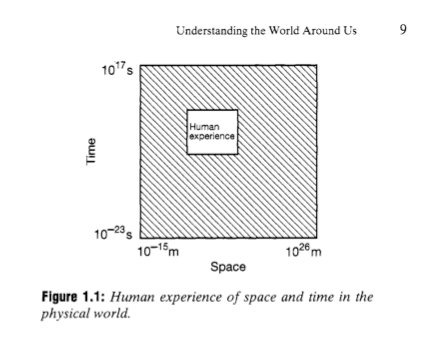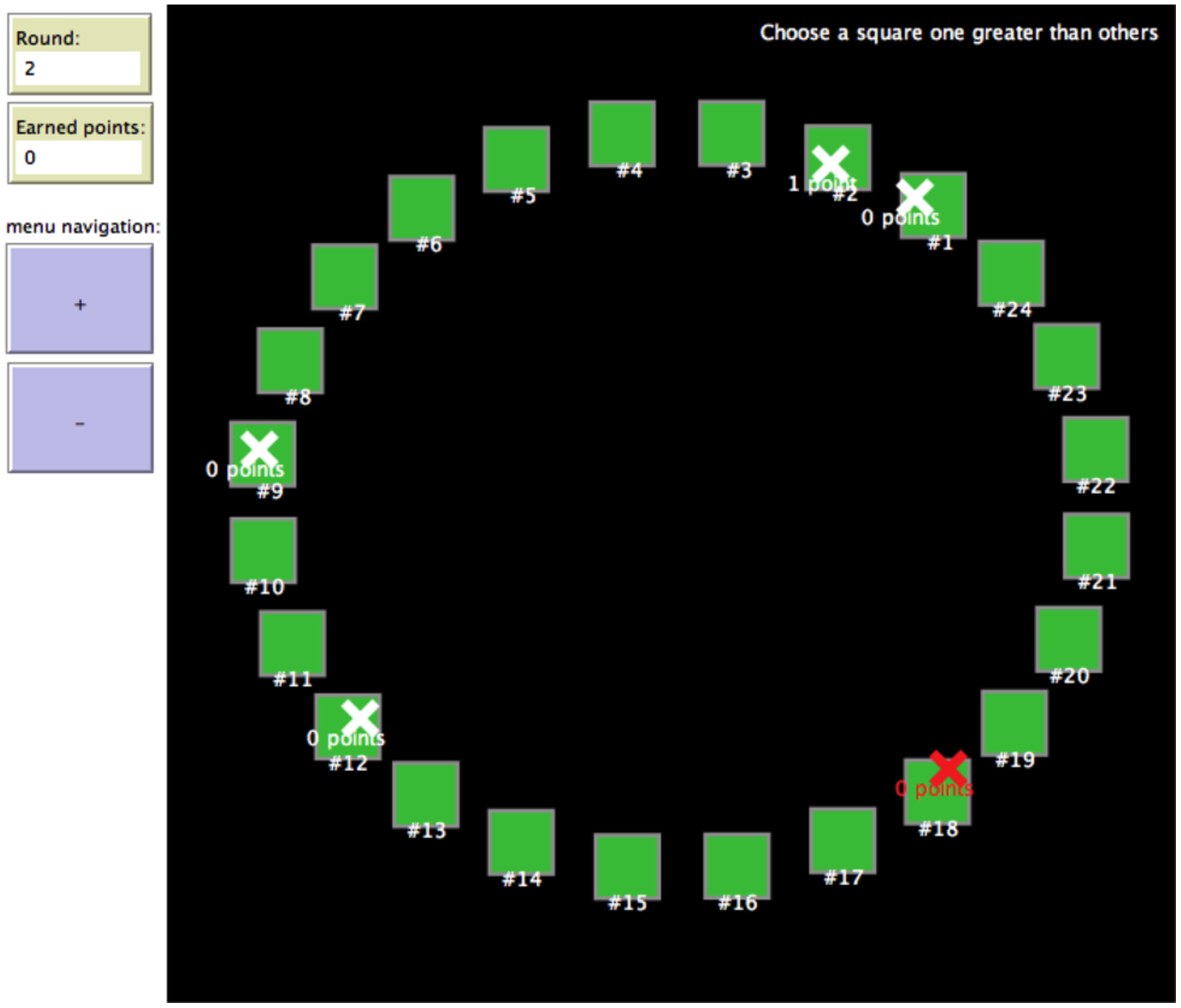 “Nothing in the world is more dangerous than sincere ignorance and conscientious stupidity.” Thus spoke Martin Luther King Jr. in a great endorsement for humility, curiosity, and discovery.
“Nothing in the world is more dangerous than sincere ignorance and conscientious stupidity.” Thus spoke Martin Luther King Jr. in a great endorsement for humility, curiosity, and discovery.
On Thinko de Mayo, from 1PM, you will have five minutes to help us see how dangerous we are. You may share anything at all during your five minutes, as long as you personally think it’s fascinating. Your goal is to transmit your sense of fascination to others. FB page: https://www.facebook.com/events/498466006869981/
If the constraints of themes help you brainstorm, try “Science towards nescience.” But generally, you should trust yourself. If you manage nothing more than five minutes of wobbling, inarticulate, ecstatic blubbering then Well Done: You have successfully expressed the unfathomable depth of your subject.
This is the ten-year anniversary of these lectures –– ten years since I attempted the world’s nerdiest 21st birthday kegger. This will be the fifth and probably last in Bloomington. Ask me for help if you’ll have slides or a demo.
Past topics have included:
Slide Rules, Counting the Permutations of Digit Strings, Conceptions of Time in History, Chili Peppers, How to cross a glacier, The Singularity, Indiana Jones, Rural desert water distribution systems, Hexaflexagons, Small precious things, Wilderness Camps as Commodity, DIY Cooking, Roman Emperor Deaths , Joy of Science, Salt , Three Great Banquets in Italian History, How to Sharpen a Chisel, Some Properties of Numbers in Base Ten, The Physiological Limits to Human Perception of Time, Geophagy, Pond Ecology, Superstition: For Fun and Profit, Counterintuitive Results in Hydrodynamics, The Wolof Conception of Time, Arctic String Figures, The Seven Axioms of Mathematics, Dr Seuss and his Impact on Contemporary Children’s Literature, Twee, Motorcycle Life and Culture, Cultural Differences Between Japan and the US, Brief history of the Jim Henson Company, Female Orgasm, Insider Trading: For Fun and Profit, Film of Peter Greenaway, A Typographical Incident with Implications for the Structure of Thought, Cooperative Birth Control, Tones in Mandarin, Unschooling and Deschooling, Q&A: Fine Beer, DIY Backpacking, Chinese Nationalism in Tibet, Biofuels, The Yeti, The Health Benefits of Squatting, The Big Bang, How to Pick Stocks Like a Pro, Food Preservation Technique, or Managing Rot, Infant Visual Perception, Demonstrations in Number Theory, Rangolis, Kolum, The Hollow Earth, Edible Mushrooms: For Fun and Profit, Human Asexuality, A History of the California Central Valley Watershed, An Account of the Maidu Creation, The Paleoclimatology of the Levant, Rural India, German Compound Words, Manipulating Children, Physics of Time, Animal Training on Humans, Constructed Languages, This Week’s Weather, The XYZs of Body Language, Light Filtration Through Orchards, Our Limits in Visualizing High Dimensional Spaces,Twin Studies.
Last year’s audio:
http://enfascination.com/weblog/archives/301
And video/notes from before that:
http://enfascination.com/wiki/index.php?title=Enfascination_2011#Enfascinations_Past
pow!
seth.
UPDATE post-party
Here is what happened:
- The Tiger Café by Ronak
- Jr. High School Poetry Slam by Lauren
- The “Border” language by Destin
- Perception/Objectivity by Paul Patton
- Readings from James Agee by Jillian
- “A signal detection theory of morality” or “The morality manatee” by Seth
- Dreams and the four candies by Danny
- Pick Two by Adam
- Trust and Trust Experiments by Jonathan




